Безопасность смарт-контрактов: зачем использовать SafeMath для предотвращения целочисленных переполнений
В смарт-контрактах используйте SafeMath Причина, по которой библиотеки обрабатывают математические операции, заключается в первую очередь в предотвращении проблем целочисленного переполнения и опустошения. Эти проблемы находятся в Solidity очень важны, поскольку могут привести к уязвимостям безопасности или неожиданному поведению.
Что такое SafeMath?
SafeMath это Solidity Библиотека, предоставляющая набор безопасных функций для целочисленной арифметики и арифметики с фиксированной запятой. Эти функции проверяют, произойдет ли переполнение или опустошение при выполнении таких операций, как сложение, вычитание, умножение, деление и т. д., и выдают исключения при возникновении этих условий, избегая таким образом использования неверных результатов.
Почему рекомендуется SafeMath?
- безопасность:
SafeMathПроблемы с переполнением и опустошением автоматически проверяются при выполнении математических операций.- Если обнаружено переполнение или опустошение,
SafeMathБудет выброшено исключение, предотвращающее выполнение и откатывающее транзакцию. - Это предотвращает использование злоумышленниками переполнения целых чисел для атаки на контракт, например, путем запуска неправильных расчетов баланса для совершения мошенничества.
- легкийиспользовать:
SafeMathПредоставляет набор простых в использовании функций.,Может быть легко интегрирован виз В контракте。- использовать
SafeMathБиблиотеки могут облегчить разработчикам задачу по написанию проверок переполнения вручную.
- стандартизация:
SafeMathОна получила широкое признание как стандартная библиотека, и многие разработчики и аудиторы с ней знакомы.- использовать
SafeMathМожет улучшить читаемость и удобство сопровождения кода.
- Совместимость и портативность:
SafeMathбиблиотека это Solidity часть сообщества, поэтому он соединяется с другимиSafeMathпроекты совместимы.- Если вам нужно перенести или повторно использовать код, используйте
SafeMathЛегко интегрируется с другими контрактами.
- профилактические меры:
- Несмотря на то, что в конкретном случае переполнение целого числа кажется маловероятным, используйте
SafeMathЭто также хорошая практика, поскольку она может предотвратить возможные проблемы в будущем.
- Несмотря на то, что в конкретном случае переполнение целого числа кажется маловероятным, используйте
Пример кода
подэто Простойиз Пример,показывает, какиспользовать SafeMath Библиотека для предотвращения целочисленного переполнения:
pragma solidity ^0.8.0;
// CAUTION
// This version of SafeMath should only be used with Solidity 0.8 or later,
// because it relies on the compiler's built in overflow checks.
/**
* @dev Wrappers over Solidity's arithmetic operations.
*
* NOTE: `SafeMath` is generally not needed starting with Solidity 0.8, since the compiler
* now has built in overflow checking.
*/
library SafeMath {
/**
* @dev Returns the addition of two unsigned integers, with an overflow flag.
*
* _Available since v3.4._
*/
function tryAdd(uint256 a, uint256 b) internal pure returns (bool, uint256) {
unchecked {
uint256 c = a + b;
if (c < a) return (false, 0);
return (true, c);
}
}
/**
* @dev Returns the subtraction of two unsigned integers, with an overflow flag.
*
* _Available since v3.4._
*/
function trySub(uint256 a, uint256 b) internal pure returns (bool, uint256) {
unchecked {
if (b > a) return (false, 0);
return (true, a - b);
}
}
/**
* @dev Returns the multiplication of two unsigned integers, with an overflow flag.
*
* _Available since v3.4._
*/
function tryMul(uint256 a, uint256 b) internal pure returns (bool, uint256) {
unchecked {
// Gas optimization: this is cheaper than requiring 'a' not being zero, but the
// benefit is lost if 'b' is also tested.
// See: https://github.com/OpenZeppelin/openzeppelin-contracts/pull/522
if (a == 0) return (true, 0);
uint256 c = a * b;
if (c / a != b) return (false, 0);
return (true, c);
}
}
/**
* @dev Returns the division of two unsigned integers, with a division by zero flag.
*
* _Available since v3.4._
*/
function tryDiv(uint256 a, uint256 b) internal pure returns (bool, uint256) {
unchecked {
if (b == 0) return (false, 0);
return (true, a / b);
}
}
/**
* @dev Returns the remainder of dividing two unsigned integers, with a division by zero flag.
*
* _Available since v3.4._
*/
function tryMod(uint256 a, uint256 b) internal pure returns (bool, uint256) {
unchecked {
if (b == 0) return (false, 0);
return (true, a % b);
}
}
/**
* @dev Returns the addition of two unsigned integers, reverting on
* overflow.
*
* Counterpart to Solidity's `+` operator.
*
* Requirements:
*
* - Addition cannot overflow.
*/
function add(uint256 a, uint256 b) internal pure returns (uint256) {
return a + b;
}
/**
* @dev Returns the subtraction of two unsigned integers, reverting on
* overflow (when the result is negative).
*
* Counterpart to Solidity's `-` operator.
*
* Requirements:
*
* - Subtraction cannot overflow.
*/
function sub(uint256 a, uint256 b) internal pure returns (uint256) {
return a - b;
}
/**
* @dev Returns the multiplication of two unsigned integers, reverting on
* overflow.
*
* Counterpart to Solidity's `*` operator.
*
* Requirements:
*
* - Multiplication cannot overflow.
*/
function mul(uint256 a, uint256 b) internal pure returns (uint256) {
return a * b;
}
/**
* @dev Returns the integer division of two unsigned integers, reverting on
* division by zero. The result is rounded towards zero.
*
* Counterpart to Solidity's `/` operator.
*
* Requirements:
*
* - The divisor cannot be zero.
*/
function div(uint256 a, uint256 b) internal pure returns (uint256) {
return a / b;
}
/**
* @dev Returns the remainder of dividing two unsigned integers. (unsigned integer modulo),
* reverting when dividing by zero.
*
* Counterpart to Solidity's `%` operator. This function uses a `revert`
* opcode (which leaves remaining gas untouched) while Solidity uses an
* invalid opcode to revert (consuming all remaining gas).
*
* Requirements:
*
* - The divisor cannot be zero.
*/
function mod(uint256 a, uint256 b) internal pure returns (uint256) {
return a % b;
}
/**
* @dev Returns the subtraction of two unsigned integers, reverting with custom message on
* overflow (when the result is negative).
*
* CAUTION: This function is deprecated because it requires allocating memory for the error
* message unnecessarily. For custom revert reasons use {trySub}.
*
* Counterpart to Solidity's `-` operator.
*
* Requirements:
*
* - Subtraction cannot overflow.
*/
function sub(uint256 a, uint256 b, string memory errorMessage) internal pure returns (uint256) {
unchecked {
require(b <= a, errorMessage);
return a - b;
}
}
/**
* @dev Returns the integer division of two unsigned integers, reverting with custom message on
* division by zero. The result is rounded towards zero.
*
* Counterpart to Solidity's `/` operator. Note: this function uses a
* `revert` opcode (which leaves remaining gas untouched) while Solidity
* uses an invalid opcode to revert (consuming all remaining gas).
*
* Requirements:
*
* - The divisor cannot be zero.
*/
function div(uint256 a, uint256 b, string memory errorMessage) internal pure returns (uint256) {
unchecked {
require(b > 0, errorMessage);
return a / b;
}
}
/**
* @dev Returns the remainder of dividing two unsigned integers. (unsigned integer modulo),
* reverting with custom message when dividing by zero.
*
* CAUTION: This function is deprecated because it requires allocating memory for the error
* message unnecessarily. For custom revert reasons use {tryMod}.
*
* Counterpart to Solidity's `%` operator. This function uses a `revert`
* opcode (which leaves remaining gas untouched) while Solidity uses an
* invalid opcode to revert (consuming all remaining gas).
*
* Requirements:
*
* - The divisor cannot be zero.
*/
function mod(uint256 a, uint256 b, string memory errorMessage) internal pure returns (uint256) {
unchecked {
require(b > 0, errorMessage);
return a % b;
}
}
}
using SafeMath for uint256;
contract SafeMathExample {
function safeAdd(uint256 a, uint256 b) public pure returns (uint256) {
// использовать SafeMath из add функция
return a.add(b);
}
function
safeSub(uint256 a, uint256 b) public pure returns (uint256) {
// использовать SafeMath из sub функция
return a.sub(b);
}
function safeMul(uint256 a, uint256 b) public pure returns (uint256) {
// использовать SafeMath из mul функция
return a.mul(b);
}
function safeDiv(uint256 a, uint256 b) public pure returns (uint256) {
// использовать SafeMath из div функция
return a.div(b);
}
}На что следует обратить внимание
- Введение зависимостей:
- использовать
SafeMathОбычно нужно начинать с OpenZeppelin Или другая надежная библиотека импорта исходного кода. - убеждатьсяиспользоватьпоследняя версияизбиблиотека, чтобы получить последниеиз Безопасность Исправления и улучшения。
- использовать
- Вопросы производительности:
- использовать
SafeMathможет немного увеличиться gas Стоимость, поскольку необходимо провести дополнительные проверки. - но в большинстве случаев,Эти дополнительныеиз Стоимость приемлемаяиз,особенно когда дело касается Безопасностьвопросизслучай。
- использовать
Подвести итог
использовать SafeMath Библиотека может помочь написать более безопасные смарт-контракты и предотвратить уязвимости безопасности, вызванные проблемами переполнения и потери целых чисел. Хотя это может добавить немного больше gas Стоит дорого, но обычно оно того стоит, особенно когда имеешь дело с критической бизнес-логикой.

Углубленный анализ переполнения памяти CUDA: OutOfMemoryError: CUDA не хватает памяти. Попыталась выделить 3,21 Ги Б (GPU 0; всего 8,00 Ги Б).

[Решено] ошибка установки conda. Среда решения: не удалось выполнить первоначальное зависание. Повторная попытка с помощью файла (графическое руководство).
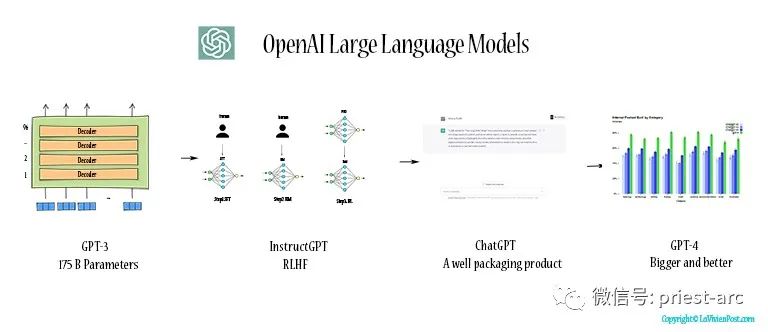
Прочитайте нейросетевую модель Трансформера в одной статье

.ART Теплые зимние предложения уже открыты

Сравнительная таблица описания кодов ошибок Amap

Уведомление о последних правилах Points Mall в декабре 2022 года.

Даже новички могут быстро приступить к работе с легким сервером приложений.
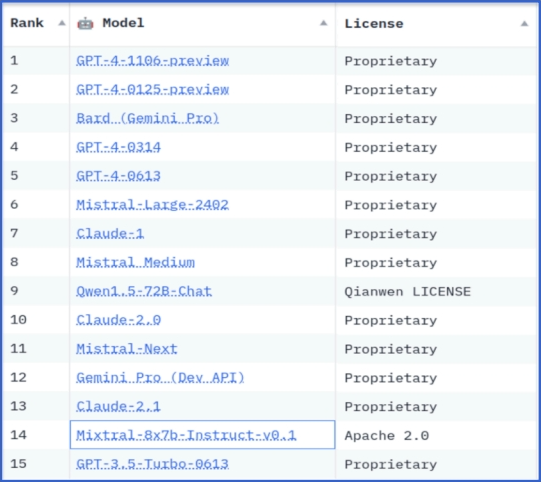
Взгляд на RSAC 2024|Защита конфиденциальности в эпоху больших моделей
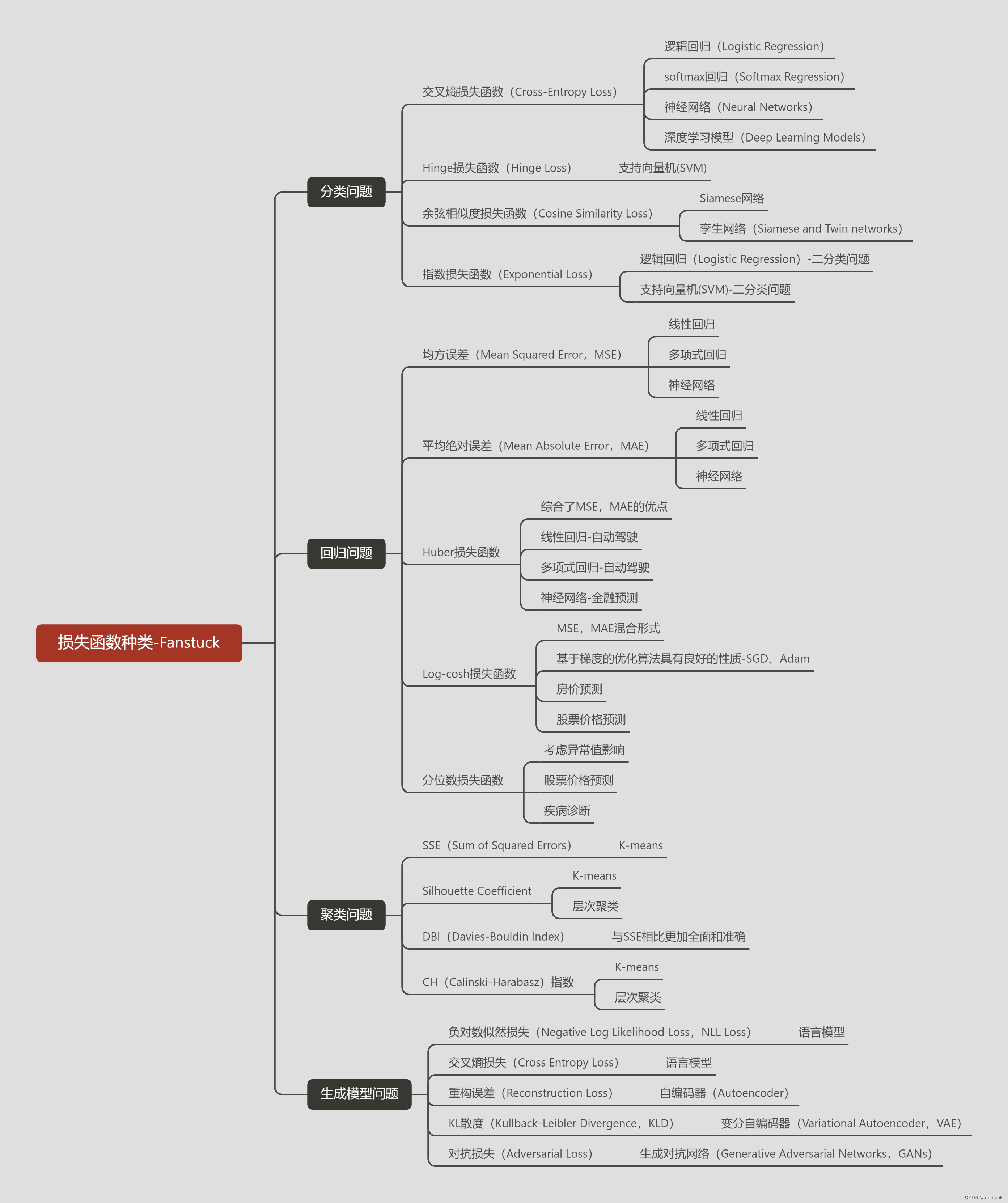
Вы используете ИИ каждый день и до сих пор не знаете, как ИИ дает обратную связь? Одна статья для понимания реализации в коде Python общих функций потерь генеративных моделей + анализ принципов расчета.

Используйте (внутренний) почтовый ящик для образовательных учреждений, чтобы использовать Microsoft Family Bucket (1T дискового пространства на одном диске и версию Office 365 для образовательных учреждений)
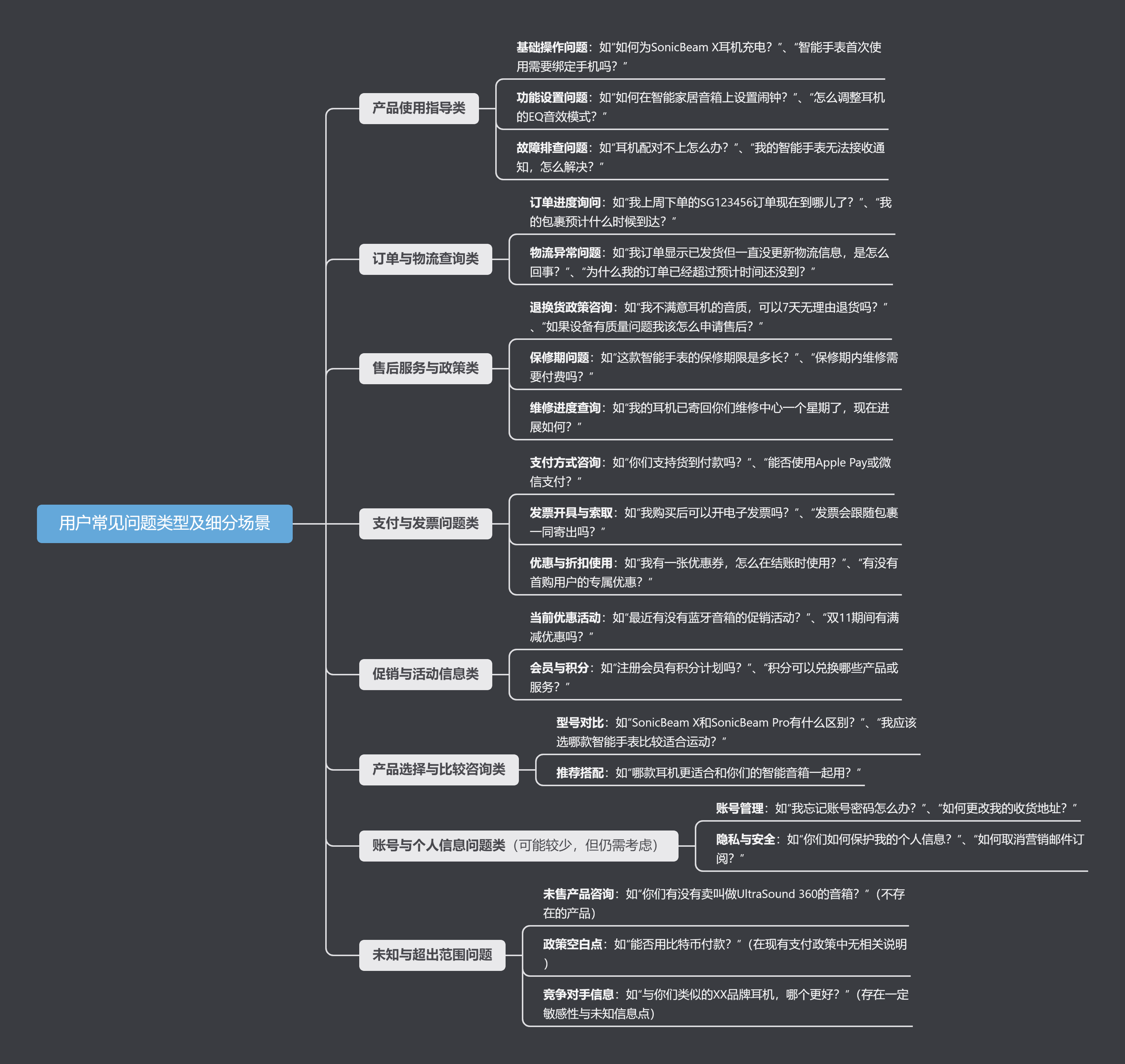
Руководство по началу работы с оперативным проектом (7) Практическое сочетание оперативного письма — оперативного письма на основе интеллектуальной системы вопросов и ответов службы поддержки клиентов

[docker] Версия сервера «Чтение 3» — создайте свою собственную программу чтения веб-текста

Обзор Cloud-init и этапы создания в рамках PVE

Корпоративные пользователи используют пакет регистрационных ресурсов для регистрации ICP для веб-сайта и активации оплаты WeChat H5 (с кодом платежного узла версии API V3)

Подробное объяснение таких показателей производительности с высоким уровнем параллелизма, как QPS, TPS, RT и пропускная способность.
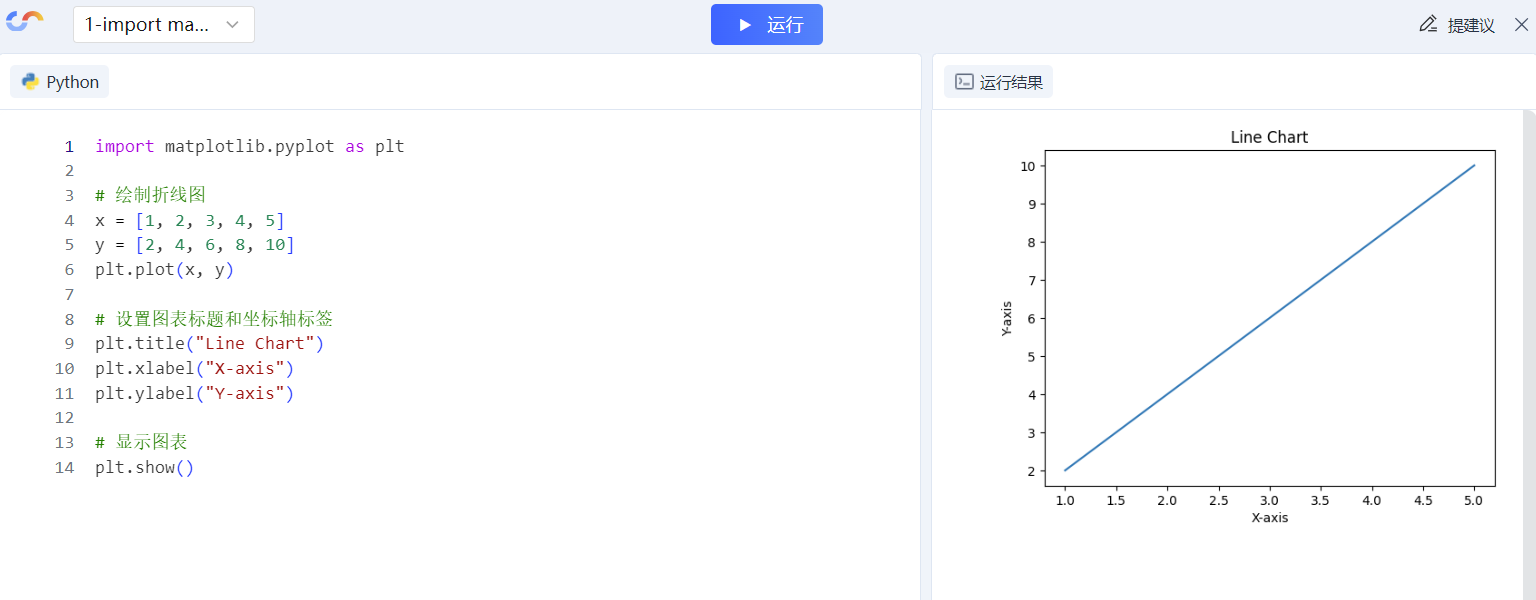
Удачи в конкурсе Python Essay Challenge, станьте первым, кто испытает новую функцию сообщества [Запускать блоки кода онлайн] и выиграйте множество изысканных подарков!

[Техническая посадка травы] Кровавая рвота и отделка позволяют вам необычным образом ощипывать гусиные перья! Не распространяйте информацию! ! !

[Официальное ограниченное по времени мероприятие] Сейчас ноябрь, напишите и получите приз

Прочтите это в одной статье: Учебник для няни по созданию сервера Huanshou Parlu на базе CVM-сервера.

Cloud Native | Что такое CRD (настраиваемые определения ресурсов) в K8s?

Как использовать Cloudflare CDN для настройки узла (CF самостоятельно выбирает IP) Гонконг, Китай/Азия узел/сводка и рекомендации внутреннего высокоскоростного IP-сегмента

Дополнительные правила вознаграждения амбассадоров акции в марте 2023 г.

Можно ли открыть частный сервер Phantom Beast Palu одним щелчком мыши? Супер простой урок для начинающих! (Прилагается метод обновления сервера)

[Играйте с Phantom Beast Palu] Обновите игровой сервер Phantom Beast Pallu одним щелчком мыши

Maotouhu делится: последний доступный внутри страны адрес склада исходного образа Docker 2024 года (обновлено 1 декабря)

Кодирование Base64 в MultipartFile

5 точек расширения SpringBoot, супер практично!

Глубокое понимание сопоставления индексов Elasticsearch.


